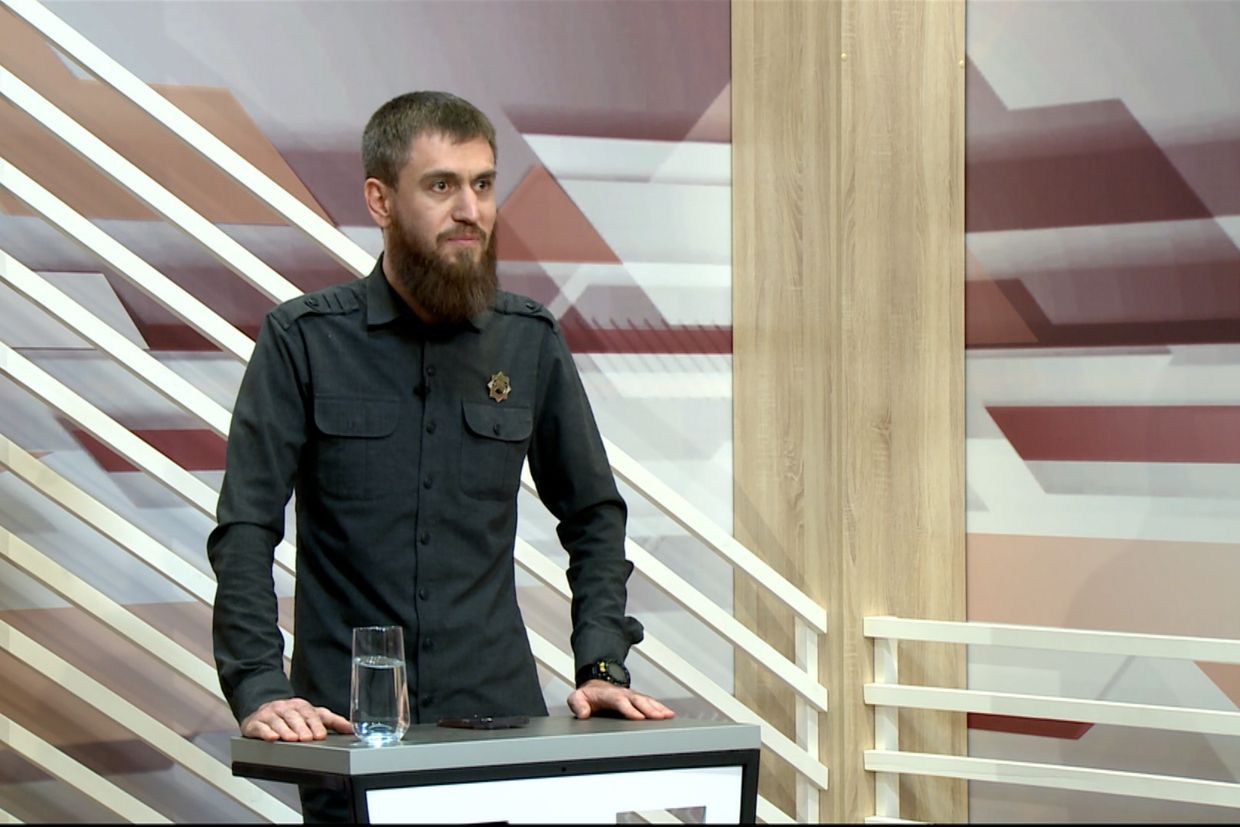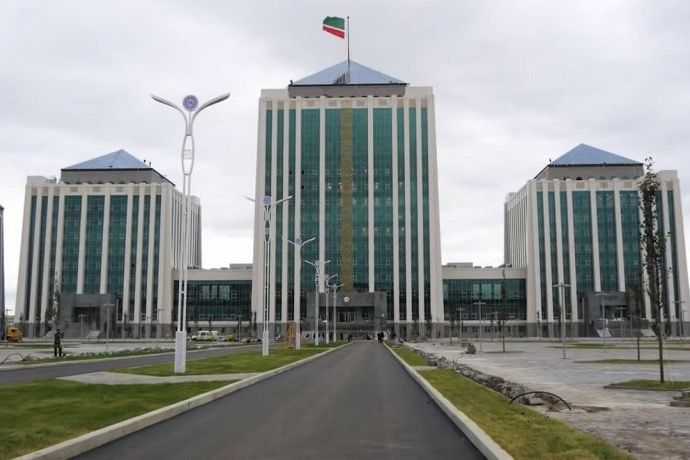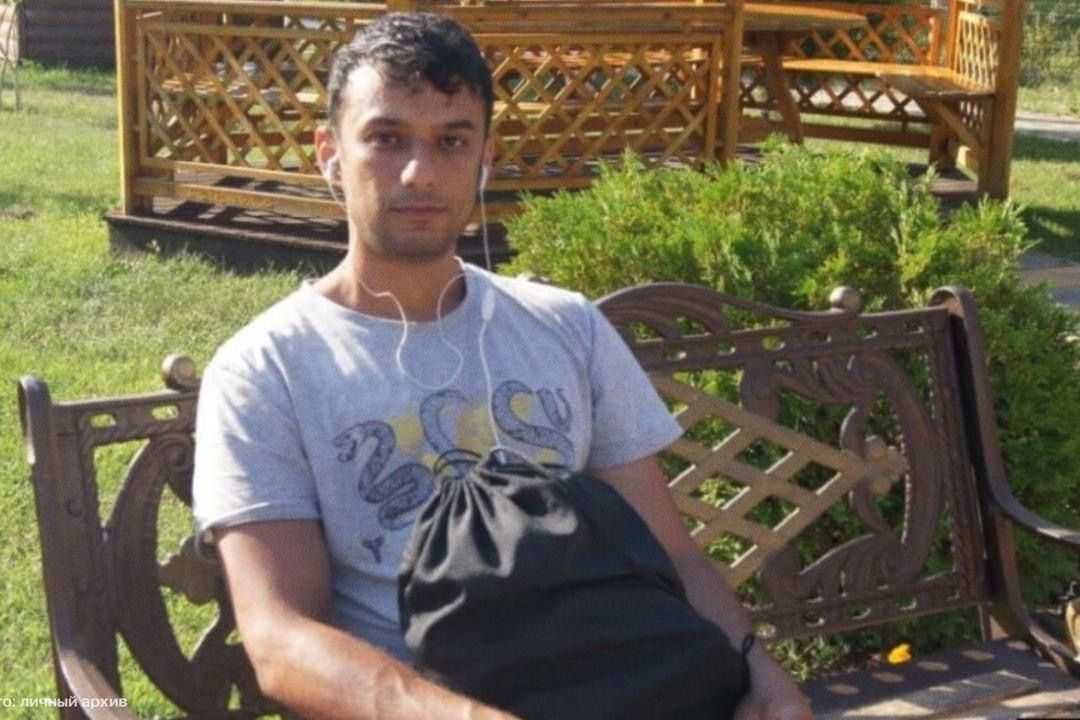
The head of the Chechen state television and radio company (ChGTRK) Grozny, Chingiz Akhmadov, has made a statement accusing Chechens who emigrated and live in European countries of links to queer communities and of supporting radical Islam.
A fragment of the programme in which Akhmadov’s statements were made was published on the official ChGTRK Telegram channel.
The statement was made in the latest episode of the talk show ‘Chechen History: War and Peace’. On air, Akhmadov said that, in his view, representatives of the Chechen diaspora in Europe allegedly cooperate with the ‘LGBT organisations’, whose activities have been recognised as extremist and banned in Russia. At the same time, Akhmadov claimed that these same people demonstrate support for the radical Islamic movement of Wahhabism.
In the North Caucasus, the term ‘Wahhabism’ is used mainly in a political and legal sense, rather than a religious one. It refers to radical Islamic movements associated with violence and extremism, although the word originally came from the name of the 18th-century Arab religious reformer Muhammad ibn Abd al-Wahhab. In the 1990s, after the collapse of the USSR, supporters of radical ideas appeared in Chechnya, Daghestan, and other republics, and since then ‘Wahhabism’ has become associated with terrorism and security threats in official rhetoric. The authorities have conducted campaigns against ‘Wahhabis,’ closed ‘unofficial’ mosques, and tightened control over religious life. Among the population of the region, the attitude towards ‘Wahhabism’ is also generally negative: it is associated with wars and terrorist attacks.
In his recent statements, Akhmadov claimed that among Chechens abroad, it was common to use symbols combining signs associated with the self-proclaimed Ichkeria and images associated with queer movements. He noted that those who take part in such actions allegedly see no contradiction in this. Akhmadov also claimed that these people spread views which he described as atheistic and extremist.
The self-proclaimed Chechen Republic of Ichkeria was established after the collapse of the Soviet Union. It existed until 2000, when Russia crushed its government and security forces after two wars.
Akhmadov’s words were supported by Chechen Human Rights Commissioner Mansur Soltaev, who said ‘it is good that these people no longer live in the Chechen Republic’.
This is not the first public statement by ChGTRK representatives about the activities of Chechens living outside Russia. Previously, they repeatedly made accusations about Chechen emigrants participating in public associations.
Officials in Chechnya also regularly criticise the so-called ‘Ichkerian diaspora’ and their public events.
ChGTRK is the main regional broadcaster in Chechnya. The channel’s programmes regularly air statements by Chechen officials and commentary on events in the region and beyond.
In Russia, the activities of the ‘LGBT movement’ were recognised as extremist and banned by a Supreme Court ruling in November 2023. Since then, any form of mention or support of this ‘organisation’ in Russia has been considered a violation of the law.
According to human rights organisations, over the past decades, thousands of Chechens have moved to European countries. There, they form a diaspora which organises cultural and political events, including those connected with the memory of the armed conflicts in the republic in the 1990s and 2000s. Some of these events are held under flags which in Chechnya and at the federal level are officially regarded as the symbols of unrecognised structures.












